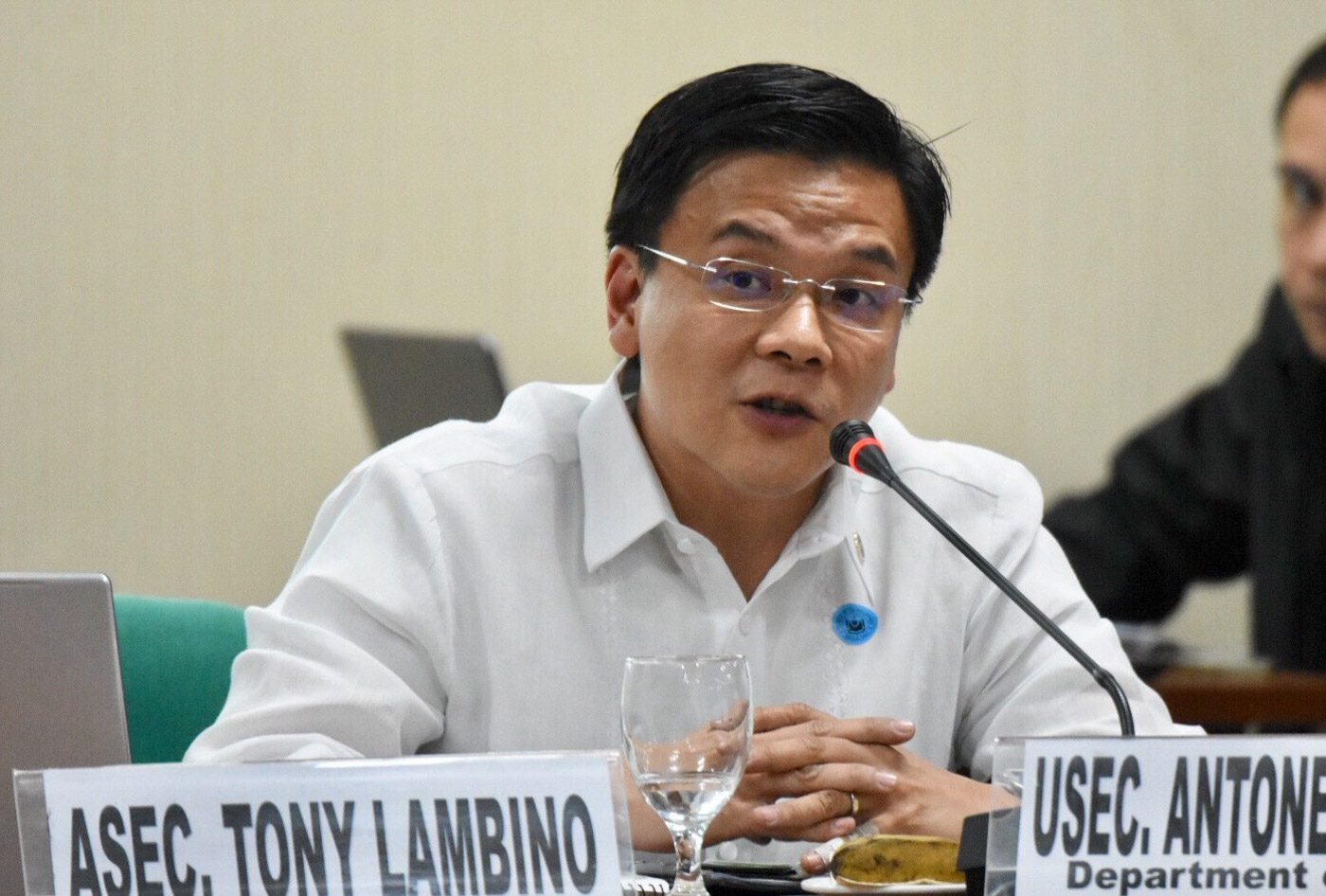SUMMARY
This is AI generated summarization, which may have errors. For context, always refer to the full article.

CAVITE, Philippines – The Department of Finance on Friday, November 8, said that the government is still studying the suggestion to impose additional taxes on salty products.
Finance Undersecretary Karl Chua said that the government has formed a technical working group with the trade and health departments to study the idea, as the World Health Organization (WHO) flagged excessive consumption of salt among Filipinos.
“We are studying it, but it seems like the best way to do it is by regulation and promotion of the health aspects, not from the tax,” Chua said on Friday.
According to the world body, Filipinos aged 20 years and older consume 4.29 grams of sodium per day, more than twice the WHO’s recommended 2 grams daily. Approximately 28% of cardiovascular deaths are attributable to high sodium consumption.
Imposing taxes on high-salt food, “similar to tobacco control,” was among WHO’s recommendations in the report.
Finance Assistant Secretary Tony Lambino said on Friday that the department has yet to receive an official proposal from the Department of Health (DOH).
“Wala pa pong specific proposal but it is certainly in line with Universal Health Care goals para pagandahin ang health status ng mamamayang Pilipino para i-address din ang healthier eating habits,” Lambino said.
(There is no specific proposal yet but it is certainly in line with the Universal Health Care goals to improve the health status of Filipinos to address healthiers eating habits.)
Lambino added that the intervention could be in the form of improved food labels.
“Meron diyang food labeling types of intervention para alam ng taumbayan kung ano ba ‘yung paraan na mas masustansya at ano ‘yung hindi masustansya. So nandoon palang ‘yung usapan, wala pang specific proposal para dito sa panukalang ito,” Lambino said.
(There are food labeling types of intervention so the citizens will know what’s the healthy option and what is not. So the discussion is currently at that level as there is no specific proposal to tax it yet.)
In the Philippines, food processing industries often use salt to preserve products.
House lawmakers have called the DOH “anti-poor” for suggesting such tax measure, saying that preserved food such as dried fish daing and tuyo are among what the poor often buy. – Rappler.com
Add a comment
How does this make you feel?
There are no comments yet. Add your comment to start the conversation.